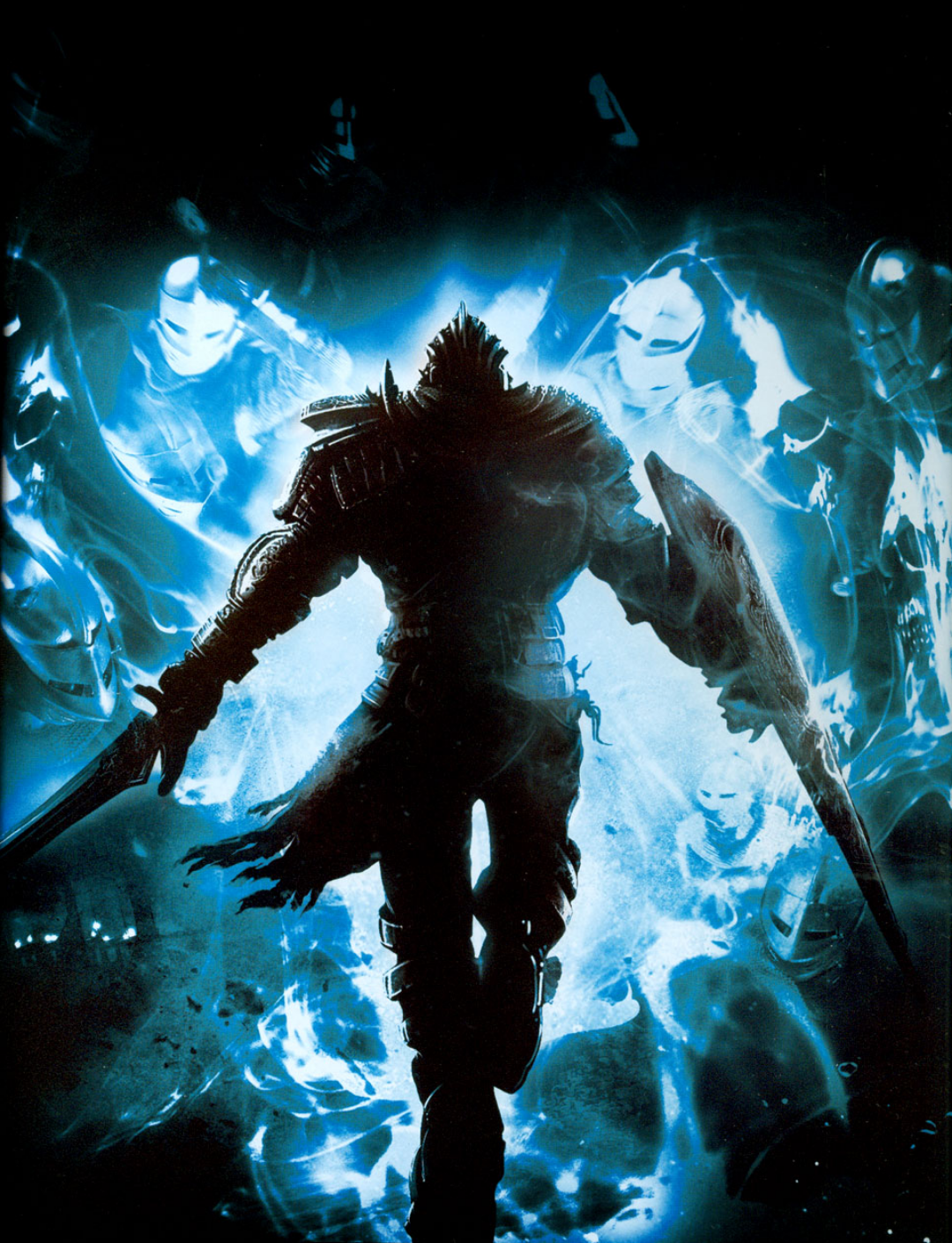There was a time in the early days of video games when genres barely existed. Before “first-person shooter” meant gritty realism with regenerating health and brown corridors, before “RPG” became synonymous with stat trees and dialog wheels, developers were winging it. Every game was its own idea. Mechanics were mashed together like chemical experiments in a lab with no supervision. Sometimes it exploded. Sometimes it transcended.
No one was asking whether Tetris was a puzzle game, or if Metroid fit the platformer mold. You made a game. If it was fun, people played it. That was it.
Now? Now you know exactly what a game is going to play like from the moment it’s announced. “Souls-like.” “Roguelite.” “MMORPG.” “Tactical turn-based deckbuilder with light survival elements.” If the pitch doesn't fit a genre or subgenre, it might as well not exist. We’ve gone from game development as an expressive medium to game development as a strict taxonomy. (I won't mention the battle royale to extraction shooter movement... again, it's just always implied, I wouldn't want to go on a rant)
The Rise and Lockdown of Genres
Genres didn’t always mean what they do now. Originally, they were a useful way for players and reviewers to make sense of a fast-growing market. “Platformer” helped distinguish Super Mario Bros. from Space Invaders. “FPS” separated Doom from Myst. Labels helped us find what we liked in a noisy sea of cartridges and CDs.
But then something shifted. Genres stopped being a convenience and became commandments. Somewhere between the explosion of AAA marketing departments and the rise of digital storefront tagging systems, genre definitions hardened. A game that doesn’t hit all the expected genre beats gets punished with confused reviews, angry Reddit posts, and YouTube titles like “This game lied to me.” (yeah, I'm a hurt Blur fanboy)
You know the drill: A Souls-like must have stamina-based combat, invincibility-frame rolls, fog gates, and bonfire checkpoints. If you stray too far, people question whether it’s even a Souls-like. God forbid a game dares to iterate beyond the established pattern. (This is probably more common with strategy games, usually non real time)
Throttling Creativity
This genre orthodoxy has real consequences. Studios sink millions into developing games that are essentially visual remakes of 15–20-year-old titles. Except now the lighting is better, the faces look more realistic, and your GPU cries trying to render it. It's Half-Life 2, but with ray tracing. It's Dark Souls, but with a new coat of medieval paint.
Mechanically, we’re in a holding pattern. For every innovative title like Outer Wilds or Noita, there are dozens of hyper-polished, ultra-safe genre clones with little new to say.
Take the Souls-like genre again. Why do so many of them copy everything from Dark Souls? The estus system, the vague lore storytelling, even the corpse-run mechanic where you retrieve your souls/essence/scrap/code fragments/insert-generic-noun. Why does building on FromSoftware's combat model require importing their exact metaphysics and game loops too?
What if someone just took the deliberate, weighty combat of Souls games and used it to build a sci-fi stealth horror experience? No bonfires. No souls. No “YOU DIED” screen. Just a new world with new logic and systems that feel fresh, not just look fresh.
But this doesn’t happen often because deviating from the formula is risky. It's easier to add “roguelike” or “soulslike” to your Steam tags and chase a known audience than to pioneer something genuinely new.
The Case For Genres (Because They're Not Bad)
Genres aren't the villains. They help players find games they’ll enjoy. They let marketers explain games quickly. They provide a shorthand for expectations and a common language between developers and fans. A well-defined genre helps with discoverability in flooded marketplaces like Steam or the Nintendo eShop.
Genres also offer structure. Many innovative games start by subverting or deconstructing genre conventions—something you can’t do without a shared understanding of those conventions.
And players do want the comfort of familiarity. Not everyone is looking to have their expectations shattered every time they pick up a controller. There's a reason remasters, remakes, and spiritual successors like Resident Evil 2 Remake, Dead Space Remake, or Metroid Dread sell millions. They're polished, they're known quantities, and they deliver nostalgia with modern sensibilities.
The Problem Isn’t Inspiration. It’s Stagnation.
To be clear, copying mechanics isn’t the problem. Copying everything and calling it creativity is. When a developer slavishly copies not just the combat but also the world structure, the aesthetic, the tone, and the UI conventions of a genre-defining game, it ceases to be homage and becomes necromancy. And not the cool kind.
Genres should be toolkits, not shackles. They should suggest, not dictate. There’s nothing wrong with being inspired by Dark Souls or The Legend of Zelda or Half-Life. But the goal should be to build your own house using borrowed tools, not just repaint someone else’s and list it on Steam for $29.99 with a launch discount.
Familiarity Sells. But at What Cost?
If we're being honest, the market rewards this conservatism. Players vote with their wallets, and familiar genre tropes win again and again. So maybe the problem isn't just developers. Maybe it's us too. (more like just me as I'm the one complaining about it while the market says otherwise)
But if you’re a developer reading this; you don't have to follow the gospel. For your game: Take the combat system. Ditch the bonfires. Burn the fog gates. Keep what works. Reimagine what doesn’t. We don’t need another Souls-like with a soul counter. We need a game that has some of the fun souls games mechanics, but feels like something new. Because it is something new.
You don’t need to ask permission from a genre to be creative.
com
full time NPC, part time ByteBloomer software developer
